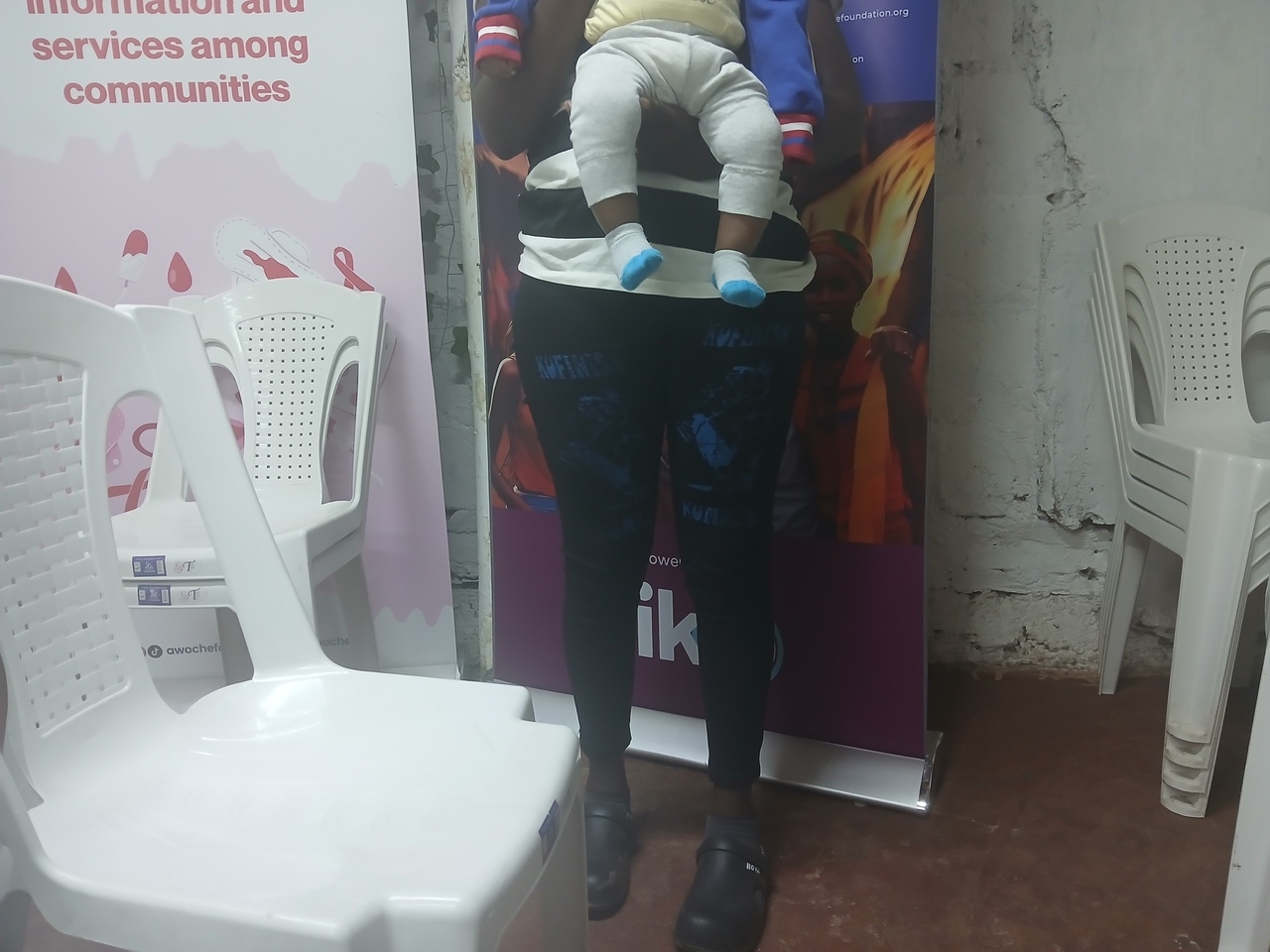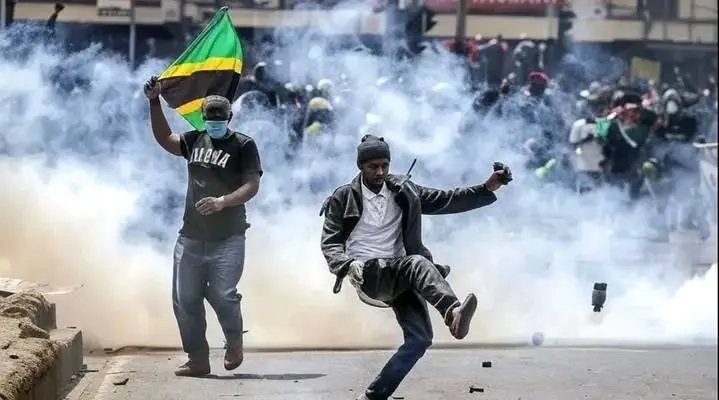Cyber-attacks are targeting children learning online with pornography, sexual harassment, violent content and intimidation.
The malicious hacker attacks were reported after schools closed due to Covid-19 in March and many shifted to online learning.
Schools are reporting intruders who hijack classes at all levels, including playgroups and nursery classes up to Class 8 and secondary school.
Fairytale reading, maths, science and other lessons are invaded by obscene words and images, even threats.
Schools are at a loss what to do and some parents have threatened to pull their children out of online learning classes to protect them.
In one case, an uninvited visitor crashed a virtual session at a high-end private school in Nairobi and flooded the lesson with pornographic images and videos.
The video conference class was held via Zoom for Classes 7 and 8.
Parents said the interlude lasted about five minutes and screens were filled with pornography and obscene language. Parents sought anonymity, not wanting to identify the school or perhaps become targets for retaliation.
"The Class 7 meeting is out of hand, one pupil is sharing pornographic materials and using foul language. Parents, if you are in a position to do so, please supervise your children,” one parent posted on the school platform.
"The porn video is playing! Please do away with Zoom meetings," another parent posted.
"Personally, I will not allow my son to join any Zoom meeting again," yet another parent posted.
The technology department of the affected school said it is trying to determine how access was gained and ensure it does not happen again.
Law enforcement agencies are investigating.
Many other schools are facing the same problem and some are trying to handle the problem quietly. Teachers said they don’t know how to handle children who are forming chat groups under the provided learning platforms.
"Some children keep on sharing images and chatting when the class is on. Some of them form groups where they lock out even the teacher and you cannot know what they are sharing or discussing.
“We are left to plead with parents to monitor what is being done from the child's end," a private primary school teacher conducting online classes said.
As the coronavirus forced shifts to remote work and schooling, video conferencing applications such as Zoom and Microsoft Teams have become popular, cyber-security expert Laura Kipngetich said.
ZOOM BOMBING
Kipngetich says the increasingly common form of cyber-attacks is known as Zoom Bombing.
Zoom Bombing refers to the disruption of a video meeting or class by injecting pornographic or violent material, obscene language or threats.
Incidents have been reported in schools and boardrooms in the US, Singapore and India.
"It occurs when someone shares a unique Zoom link on social media or another public forum," Kipngetich said.
Once the hijacker has landed in a Zoom session, he or they interrupt the meetings by randomly joining the call.
"The culprits might share their screens to broadcast offensive photos or videos," she said.
"They can also flood the text chat feature with similarly offensive messages to other members of the call or target one person with provocative direct messages." the expert said.
Increased concerns about Zoom Bombing have caused the company Zoom to review how users can protect their meetings. It also changed settings for accounts used by schools and universities to make their meetings more private by default.
While the attacks may last a few minutes or seconds, psychiatrist Njagi Kumantha said the negative effects on children could be permanent.
“Exposure to such content is linked with shifts in attitudes about sex and gender, earlier progression to sexual activity, pregnancy, and sexually transmitted infections among adolescents,” Kumantha told the Star.
In April, Singapore suspended the use of Zoom for online learning. The suspension followed the interception of a session involving obscene images on learners’ screens.
India suspended the government use of Zoom in April. In May, the Supreme Court received a petition requesting it to assess whether the video conferencing application should be banned in India owing to privacy and data security concerns.
In the United States, students mischievously gain access and disrupt Zoom class sessions by sharing the access rights with other students. They further stream this on other platforms such as TikTok and Instagram where they are widely shared.
Nicholas Maiyo, Kenya Parents Association chairman, on Sunday called for a crackdown on cyberbullies who could infiltrate the new learning spaces.
He called on schools to take individual initiative to protect learners and teachers in the online bubble.
“We are deeply concerned the new learning solutions have been turned into vehicles for violent and sexual attacks…With so much of children’s education now moved online, particular schools should come up with measures to ensure the safety of learners and teachers as well,” Maiyo told the Star on the phone.
He said the parents association backs a proposal for a total shutdown of pornographic sites, terming them vehicle for cyber-bullying.
Indimuli Kahi, who is the Kenya Secondary Schools Heads Association chairman, said the online bubble is new in the country and must be handled carefully to ensure the safety of learners and teachers.
Kahi, who is the principal of Machakos High School, asked the government to identify and accredit online learning platforms.
He also suggested tailor-made devices and limited site access based on age as part of safety guidelines.
“This way we can block them from accessing unwanted content and maybe make the devices compatible only with what the learner needs, he told the Star on Sunday.
Cyber security expert Tich said when a child uses video conference software for school or socialising, measures can preempt security risks.
But a wholesale shift to the online bubble is opposed by secretary general Wilson Sossion of the Kenya National Union of Teachers. He argues online learning is no substitute for classroom learning.
“Any learning not supervised by a teacher is not secure,” he said, adding online learning is too open and unsupervised.
“Let us ensure all children remain safe at home… Let them wait at home until we resume in January,” Sossion said.
Classes are not only disrupted by malicious intruders, however. Learners who are manageable in classrooms can become difficult to manage online.
In some instances, learners share mischievous messages and files via private chat options on video conferencing applications.
Academy Tutor Rachael in Nairobi said online sessions can become chaotic if not well organised and managed.
“We have to turn off file transfer and screen-sharing options and disable private chats among participants,” she told the Star.
The government ordered all schools and colleges closed in mid-March after Covid-19 was reported.
The spread of the disease has caused the government to push the reopening of primary and secondary schools to January next year and has directed all learners to repeat classes.
















